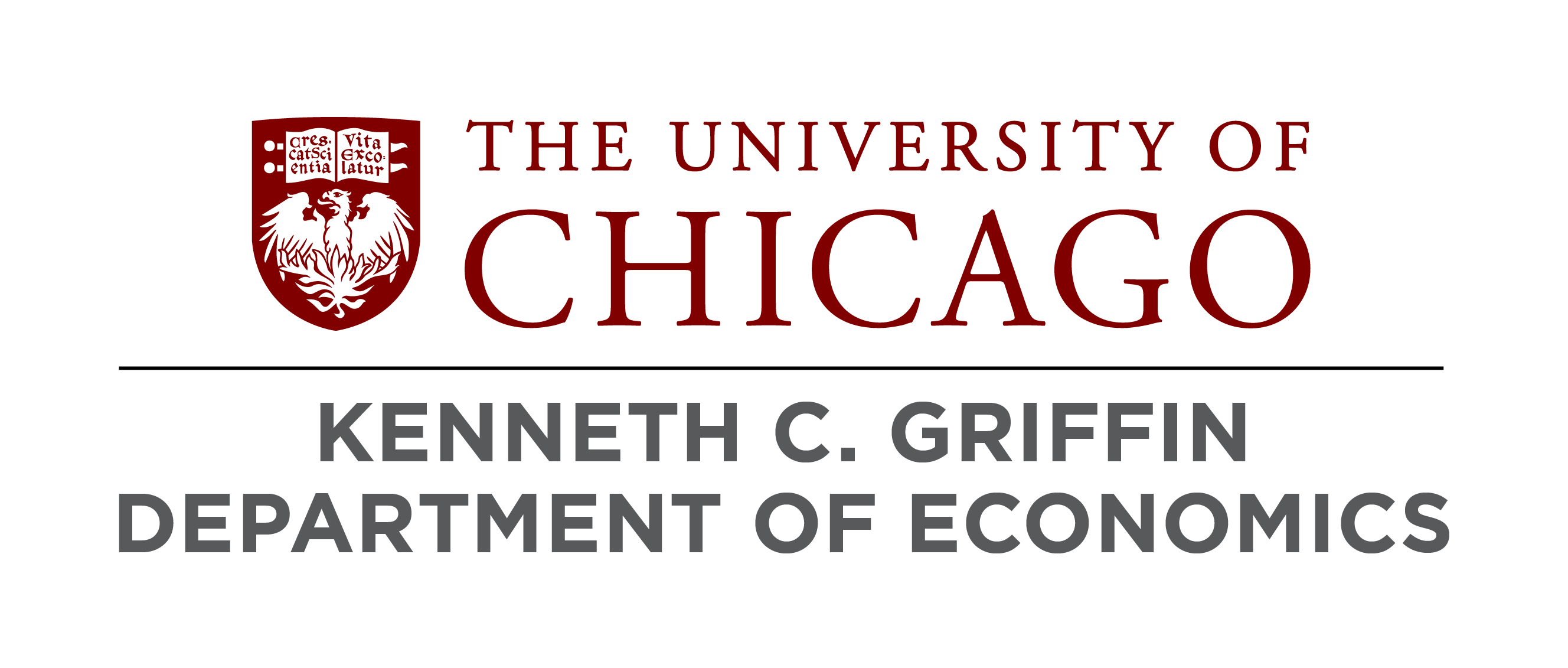
Primary Research Focus: International Trade, Political Economy
Secondary Research Focus: Macroeconomics, Public Finance
References: Mikhail Golosov (Chair), James Robinson, Esteban Rossi-Hansberg, Erik Hurst
Olivier Kooi's Personal Website
Olivier Kooi's CV
Recent Research / Recent Publications
Abstract
This paper develops a theory of national security externalities based on the bargaining approach to conflict. Bargaining induces countries to value resilience to conflict because it improves bargaining outcomes. Resilience depends on economic decisions, such as investment and trade patterns, made by atomistic agents. The key assumption is that there is a missing market for bargaining power, which leads to a national security externality. The role for national security policy is to reduce the social cost of the national security externality by directly intervening in markets to affect the decisions that produce resilience. Various national security policies can be studied from this perspective. Examples developed in the paper include investment subsidies to the defense industrial base, the reshoring and friend-shoring of production capacity, and various ways to weaponize trade, including sanctions. A quantitative exercise studies the value of reshoring productive capacity in a scenario where the US faces a potential conflict with China over Taiwan. The exercise identifies semiconductors as among the most valuable industries for reshoring. It also suggests the rise of China and corresponding expansion of trade increased the value of reshoring by over fivefold between 1997 and 2017.
 THE UNIVERSITY OF CHICAGO
THE UNIVERSITY OF CHICAGO

